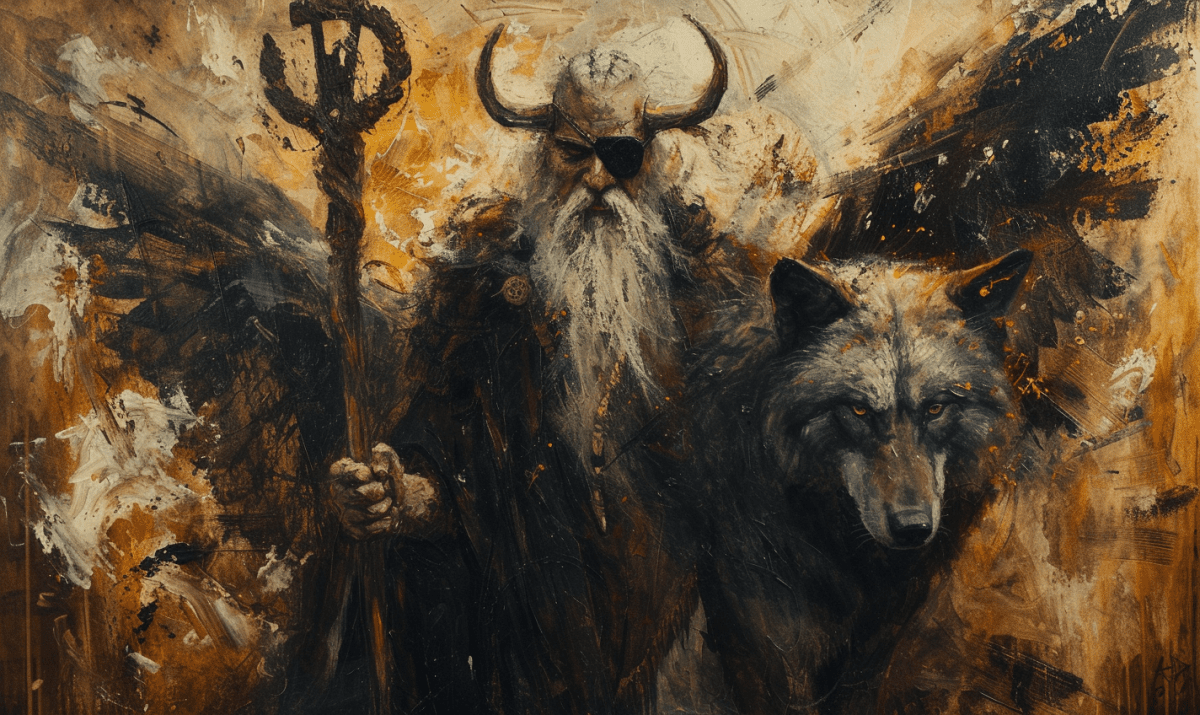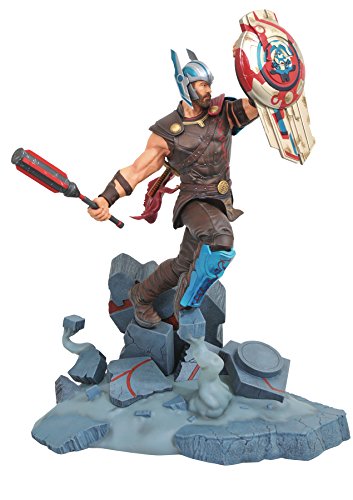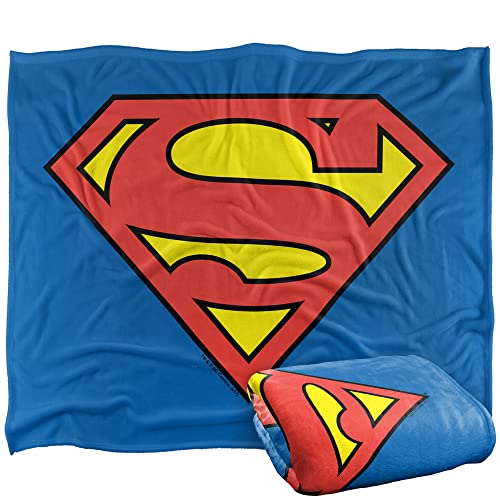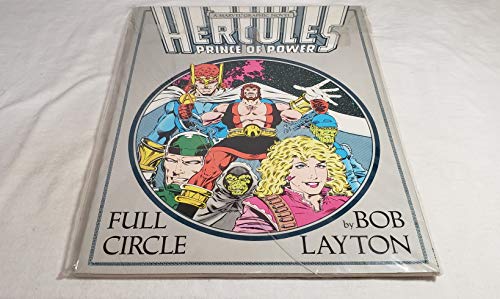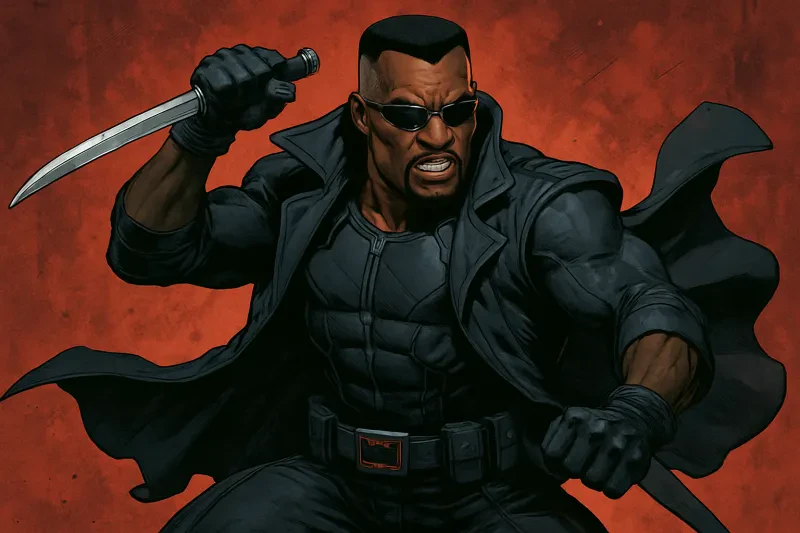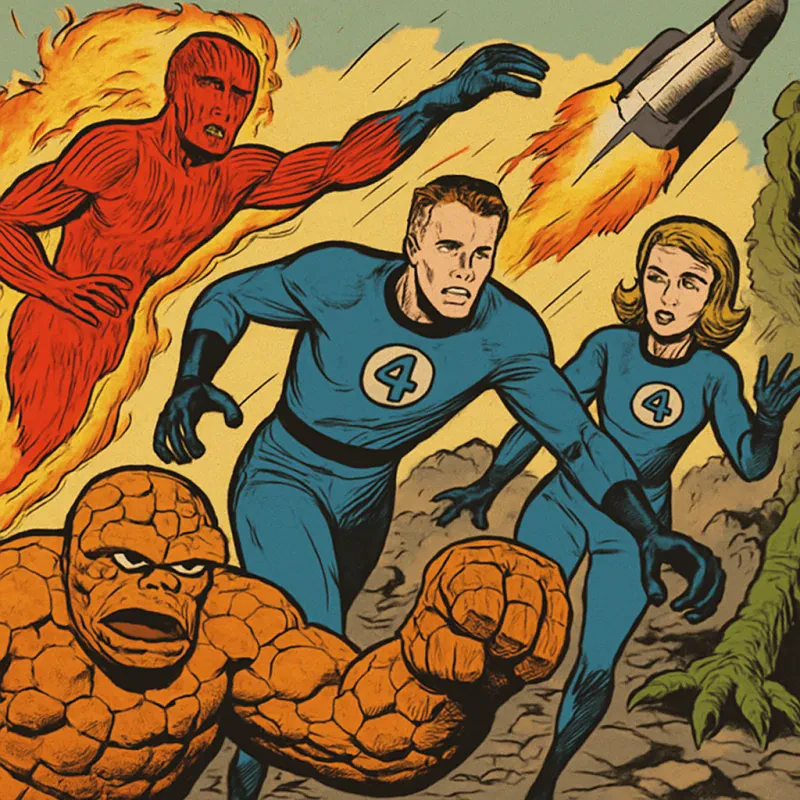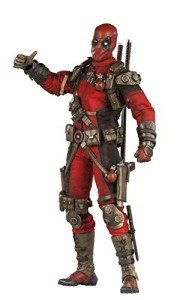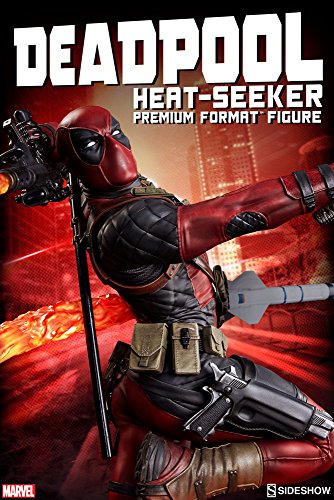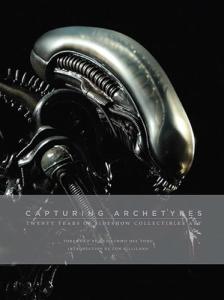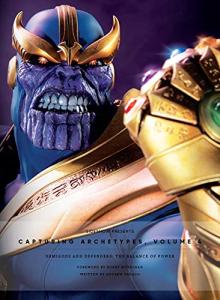Mythology has played a significant role in shaping the world of comic books. From the early days of superhero storytelling to the modern era, mythology has been a constant source of inspiration for comic book creators. The influence of mythology can be seen in the creation of iconic characters, the development of intricate storylines, and the exploration of complex themes.
One of the reasons mythology is so important in comic books is its ability to create larger-than-life characters and storylines. Mythological tales are filled with gods, heroes, and epic battles, which provide a rich tapestry for comic book creators to draw upon. These stories often feature themes of heroism, sacrifice, and the struggle between good and evil, which resonate with readers on a deep level.
The Greek Gods in DC Comics: From Wonder Woman to Zeus
Greek mythology has had a significant impact on DC Comics, with many of its iconic characters having connections to the Greek gods and goddesses. One such character is Wonder Woman, who is often depicted as a demigod and the daughter of Zeus. Her origin story draws heavily from Greek mythology, with her being sculpted from clay by her mother Hippolyta and brought to life by the gods.
In addition to Wonder Woman, many other Greek gods and goddesses have made appearances in DC Comics. Characters like Ares, Hades, and Poseidon have been portrayed as powerful beings with their own agendas and conflicts. These mythological figures add depth and complexity to the DC Universe, allowing for compelling storylines and character development.
Marvel's Norse Pantheon: Thor, Loki, and Odin
Norse mythology has also had a significant influence on comic book storytelling, particularly in Marvel Comics. The Norse pantheon, consisting of gods like Thor, Loki, and Odin, has been reimagined as superheroes and villains within the Marvel Universe. These characters have become some of Marvel's most beloved and iconic figures.
The origins of Thor, Loki, and Odin can be traced back to Norse mythology. Thor, the god of thunder, is depicted as a powerful warrior with a magical hammer called Mjolnir. Loki, the god of mischief, is known for his trickery and cunning. Odin, the All-Father, is the ruler of Asgard and the father of Thor and Loki. The inclusion of these characters in Marvel Comics has allowed for the exploration of complex family dynamics, moral dilemmas, and epic battles.
The Influence of Egyptian Mythology in Comic Books
Egyptian mythology has also found its way into comic book storytelling. The rich pantheon of Egyptian gods and goddesses has provided comic book creators with a wealth of inspiration for creating unique characters and storylines. Characters like Osiris, Isis, and Anubis have been reimagined as superheroes and villains within the comic book world.
The use of Egyptian mythology in comic books allows for the exploration of themes such as life and death, rebirth, and the afterlife. These themes add depth and complexity to the stories being told, creating a sense of wonder and intrigue for readers. Additionally, the inclusion of Egyptian mythology helps to diversify the comic book landscape by introducing characters from different cultural backgrounds.
The Hindu Gods in DC Comics: Shiva, Kali, and Ganesha
DC Comics has also incorporated Hindu mythology into its storytelling. Characters like Shiva, Kali, and Ganesha have been reimagined as superheroes within the DC Universe. These characters bring with them a rich cultural heritage and provide readers with a glimpse into Hindu mythology.
The representation of Hindu gods and goddesses in comic books is significant because it allows for greater diversity in character representation. By incorporating characters from different mythologies, comic book creators are able to create a more inclusive and representative world. Additionally, the use of Hindu mythology in comic book storylines allows for the exploration of complex themes such as karma, dharma, and the cycle of life and death.
Marvel's Cosmic Entities: The Living Tribunal, Eternity, and Infinity
Marvel Comics has introduced cosmic entities into its storytelling, adding a cosmic scale to its universe. Characters like the Living Tribunal, Eternity, and Infinity represent abstract concepts and cosmic forces that shape the Marvel Universe. These cosmic entities are often depicted as immensely powerful beings with the ability to manipulate reality itself.
The introduction of cosmic entities in Marvel Comics has had a significant impact on the storytelling within the Marvel Universe. These characters provide a sense of awe and wonder, as they embody concepts that are beyond human comprehension. They also allow for the exploration of philosophical and existential themes, such as the nature of reality, the meaning of life, and the balance between order and chaos.
Thor Gladiator Statue - Marvel Milestones Collection
Mighty Thor immortalized in this stunning Marvel Milestones collectible statue
Product information
$149.00
Product Review Score
4.2 out of 5 stars
190 reviewsProduct links
The Role of Mythology in Superhero Origin Stories
Mythology has had a profound influence on superhero origin stories. Many superheroes draw inspiration from mythological figures or incorporate mythological themes into their backstories. These mythological elements add depth and complexity to the characters, providing them with a rich history and a sense of purpose.
For example, Superman's origin story draws parallels to the myth of Moses, with his parents sending him away from his dying planet to be raised by humans on Earth. This connection to mythology adds a layer of symbolism to Superman's character, highlighting his role as a savior figure and his struggle to find his place in the world.
Superman Blanket, 50" x 60", Classic Logo, Silky Touch Super Soft Throw Blanket
Product information
$42.99
Product Review Score
4.41 out of 5 stars
62 reviewsProduct links
The Use of Mythological Themes in Comic Book Storylines
Mythological themes have been used extensively in comic book storylines. These themes provide a framework for exploring complex ideas and universal truths. They allow for the exploration of moral dilemmas, personal growth, and the struggle between good and evil.
One example of a comic book storyline with mythological themes is Marvel's "Infinity Gauntlet" storyline. In this storyline, the character Thanos seeks to obtain the Infinity Gems, which grant him god-like powers. The storyline draws heavily from Greek mythology, with Thanos being portrayed as a modern-day Zeus, seeking ultimate power and control.
The Impact of Mythology on Superhero Archetypes
Mythology has had a significant impact on the creation of superhero archetypes. Many superheroes embody characteristics and traits that can be traced back to mythological figures. These archetypes provide a framework for understanding and relating to the characters, allowing readers to connect with them on a deeper level.
For example, the archetype of the hero's journey, popularized by Joseph Campbell, can be seen in many superhero stories. This archetype follows the journey of a hero who faces trials and tribulations, undergoes personal growth, and ultimately emerges as a transformed individual. This archetype can be traced back to mythological figures like Hercules and Odysseus, who embarked on epic quests and faced numerous challenges along the way.
Hercules Prince of Power Graphic Novel: Full Circle
Embark on an epic adventure with Hercules in "Full Circle" graphic novel!
Product information
$9.00
Product Review Score
4.45 out of 5 stars
70 reviewsProduct links
The Future of Mythology in Comic Books
The future of mythology in comic books is bright. As comic book storytelling continues to evolve and diversify, there is a growing recognition of the importance of incorporating diverse mythologies into comic book narratives. This allows for greater representation and inclusivity within the comic book world, as well as the exploration of new and exciting storylines.
Furthermore, mythology provides a timeless source of inspiration that will continue to shape comic book storytelling for years to come. The enduring legacy of mythology in DC and Marvel's comic universes is a testament to its power and influence. As long as there are stories to be told, mythology will continue to play a vital role in shaping the world of comic books.
The Enduring Legacy of Mythology in DC and Marvel's Comic Universes
In conclusion, mythology has had a profound impact on the world of comic books. From the Greek gods in DC Comics to the Norse pantheon in Marvel Comics, mythology has provided a rich tapestry for creating iconic characters and storylines. The use of mythological themes in comic book storytelling allows for the exploration of complex ideas, universal truths, and diverse cultural backgrounds.
The enduring legacy of mythology in DC and Marvel's comic universes is a testament to its power and influence. As comic book storytelling continues to evolve, there is a growing recognition of the importance of incorporating diverse mythologies into narratives. This not only allows for greater representation and inclusivity within the comic book world but also provides readers with a sense of wonder and intrigue.
As we look to the future, it is clear that mythology will continue to shape comic book storytelling. Its timeless themes and archetypes provide a framework for understanding and relating to characters, allowing readers to connect with them on a deeper level. The enduring legacy of mythology in DC and Marvel's comic universes is a testament to its power and influence, ensuring that it will remain an integral part of comic book storytelling for years to come.
